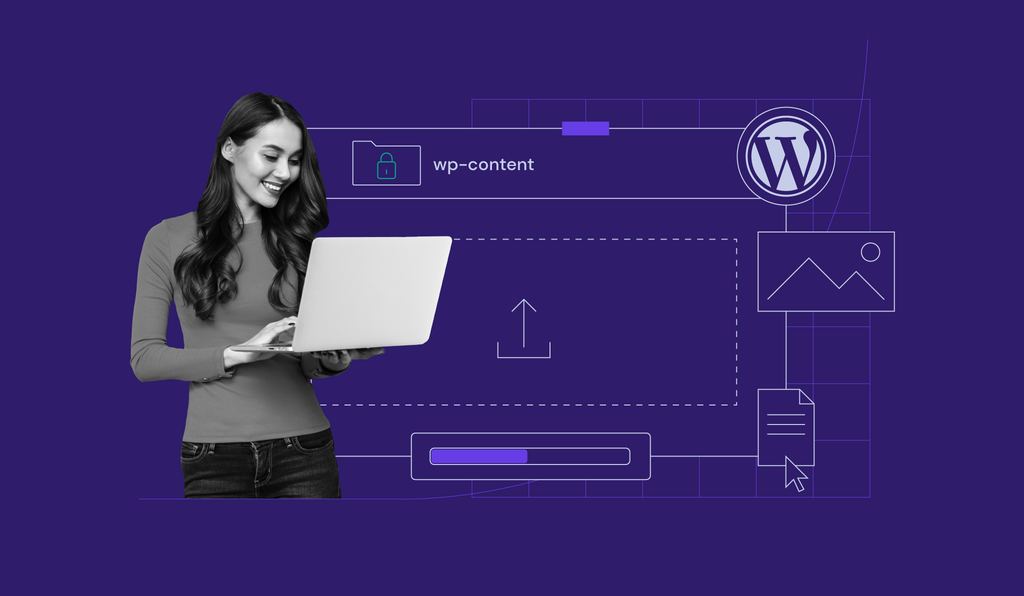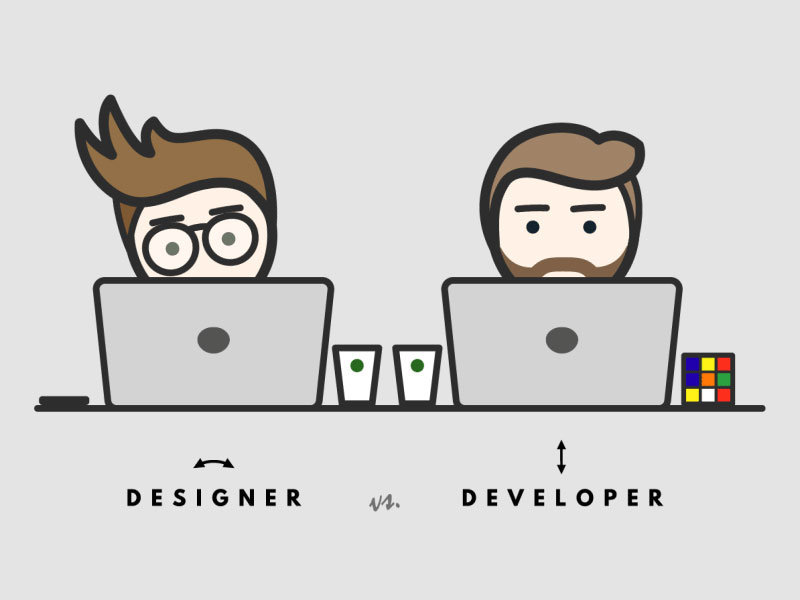
In the dynamic world...


In the world of software development and deployment, efficiency, consistency, and scalability are paramount. Traditional methods of managing and deploying applications often involve complex configurations and dependencies that can lead to compatibility issues and deployment nightmares. Docker, a containerization platform, has emerged as a game-changer in addressing these challenges. In this blog post, we'll explore Docker, its fundamental concepts, and how it has revolutionized application deployment.
Docker is an open-source platform that facilitates the creation, deployment, and management of containers. Containers are lightweight, standalone, and executable packages that contain everything needed to run an application, including the code, runtime, libraries, and system tools. Docker provides a standardized environment that isolates applications from the underlying infrastructure, ensuring consistency and portability across different environments.
To understand Docker better, let's delve into some essential concepts:
Images: Docker images are read-only templates that serve as blueprints for containers. They contain the application code, runtime, libraries, and dependencies required to run an application. Images are versioned and can be shared through container registries like Docker Hub.
Containers: Containers are instances of Docker images. They are lightweight, isolated, and run in their own environment, making them consistent and reproducible across different systems. Containers can be started, stopped, and scaled independently.
Dockerfile: A Dockerfile is a text file that defines the instructions for building a Docker image. It specifies the base image, adds application code, sets environment variables, and configures the container. Dockerfiles enable the automation of image creation.
Docker Compose: Docker Compose is a tool for defining and running multi-container applications. It allows you to define services, their dependencies, and network configurations in a single YAML file, simplifying complex application setups.
Consistency: Docker ensures consistency across development, testing, and production environments. Developers can package their applications and dependencies into Docker images, guaranteeing that the same environment runs everywhere, from a developer's laptop to a production server.
Isolation: Containers provide process and resource isolation, preventing applications from interfering with one another or with the host system. This isolation improves security and simplifies dependency management.
Portability: Docker containers are portable across different platforms and cloud providers. Developers can build an application once and run it anywhere, reducing vendor lock-in and easing migration between environments.
Efficiency: Docker's lightweight nature minimizes resource overhead, allowing you to run more containers on the same hardware compared to traditional virtualization methods. This efficiency translates into cost savings and improved resource utilization.
Scalability: Docker enables easy scaling of applications through container orchestration tools like Kubernetes and Docker Swarm. These tools automate container deployment, scaling, and load balancing, ensuring high availability and resilience.
Version Control: Docker images are versioned, providing a clear history of changes. This version control ensures reproducibility and simplifies rollbacks in case of issues.
Ecosystem: Docker has a vast ecosystem of pre-built images available on Docker Hub, making it easy to get started with popular software stacks and services. This accelerates development and reduces the need to reinvent the wheel.
Docker has undoubtedly revolutionized application deployment by providing a consistent, isolated, and portable environment for running applications. Its impact on software development and deployment practices cannot be overstated. By embracing Docker and containerization, organizations can streamline their development processes, improve resource utilization, and respond more effectively to the demands of modern software delivery. As Docker continues to evolve, it remains a critical tool in the toolkit of every developer and DevOps professional.
Creative Head

In the dynamic world...

In t...

In the dynamic landscape of online conten...

In the world of web and app de...

In the ever-evolving world of web development, staying up-to-date with the latest technologies and frameworks is...

In the world of software development and deployment, efficiency, consistency, and scalability are paramo...

